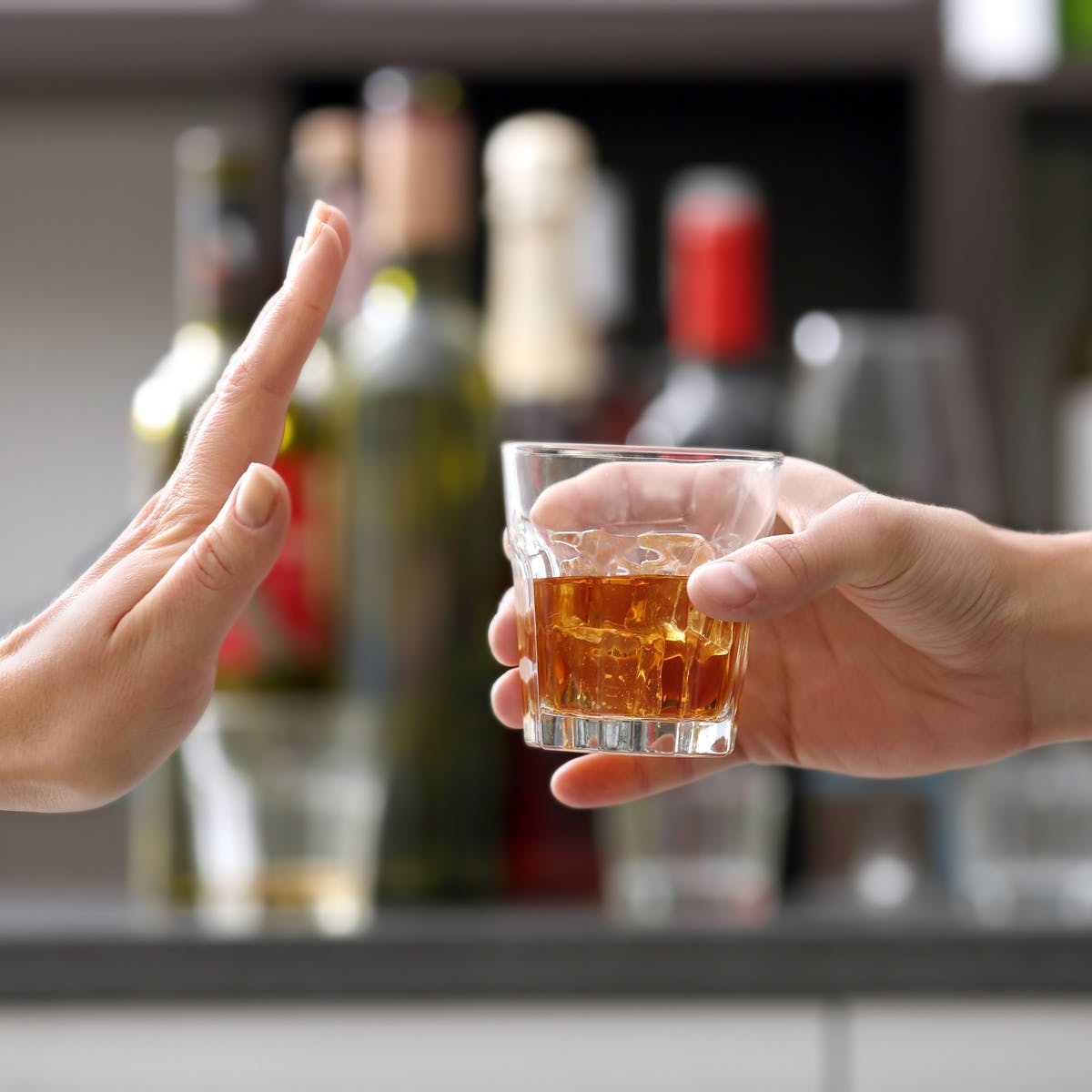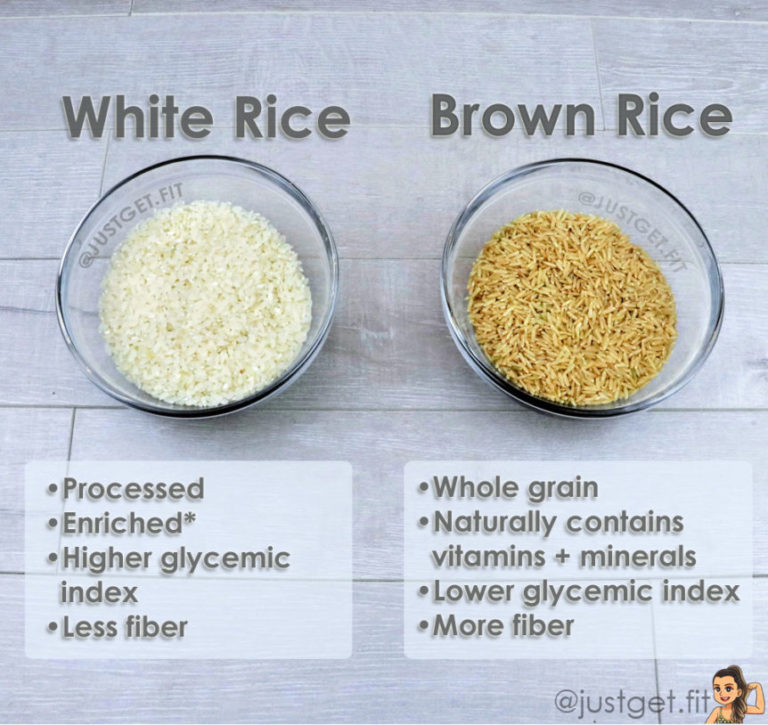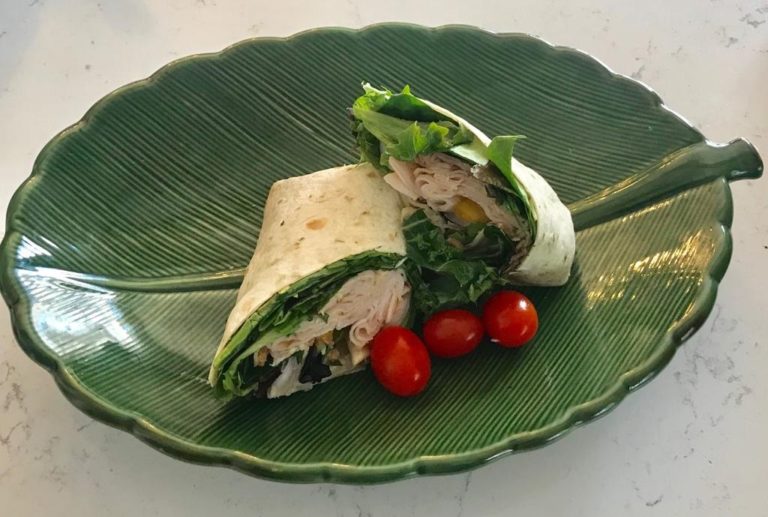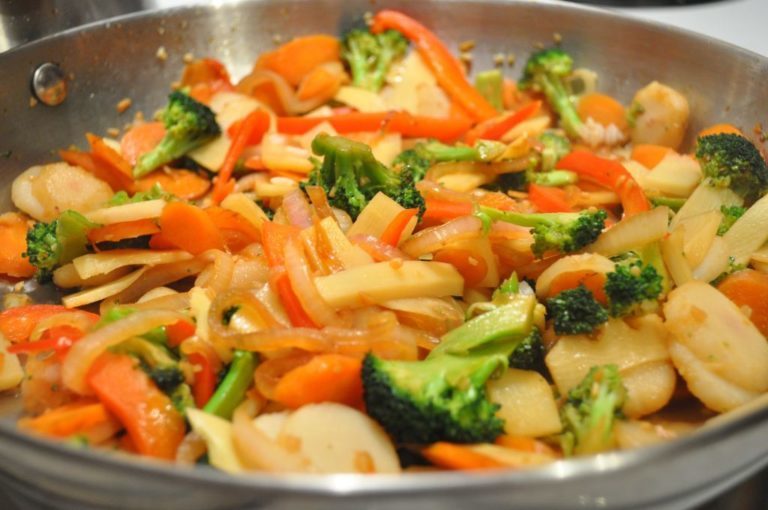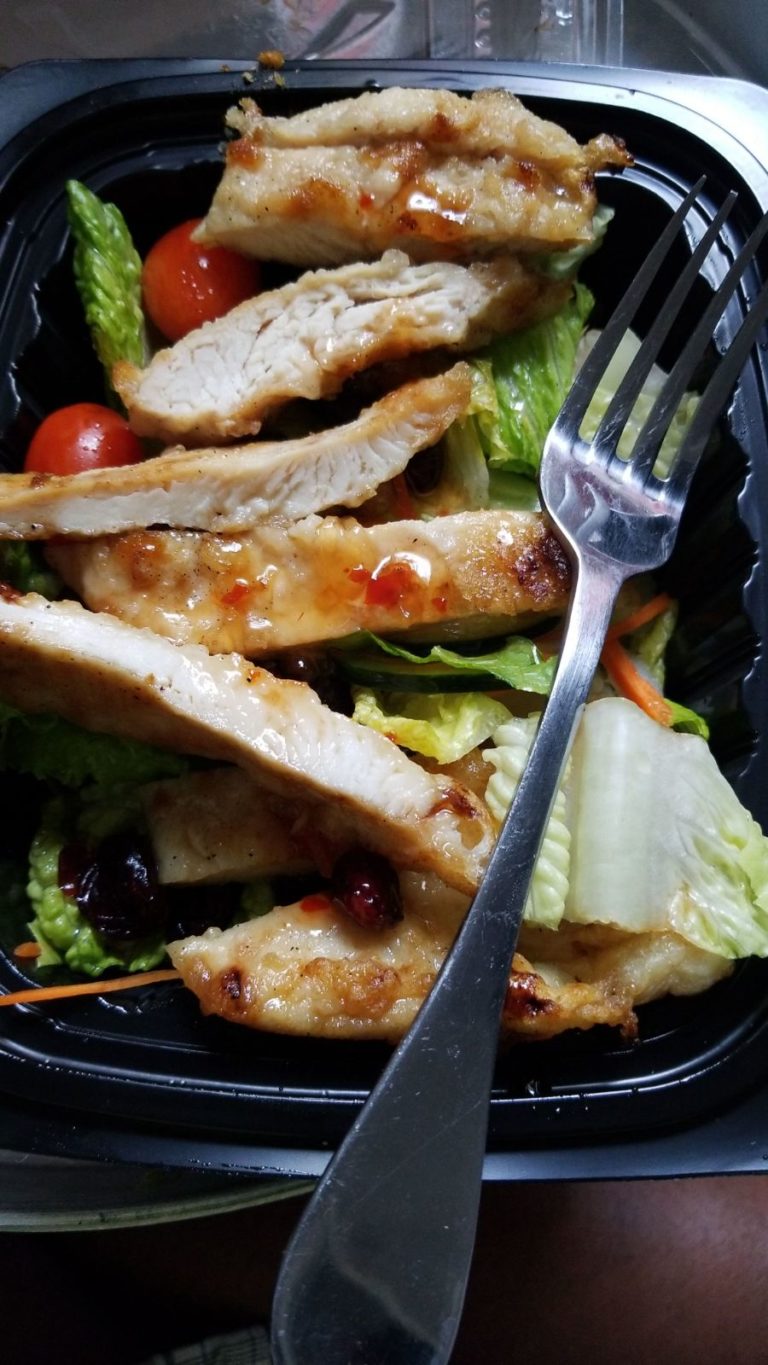MANAGING YOUR HOLIDAY ALCOHOL CONSUMPTION
BY: FITZ-GEORGE RATTRAY
Alcohol consumption is older than recorded history, but it has never been more prevalent, convenient or voluminous. Today, for one third of humankind, alcohol is an integral part of celebrations, holidays and even everyday living. If you fall within this group, any festivity would not be the same without alcohol. The goal however, should be alcohol consumption and enjoyment without paying with your life.
HOW IS ALCOHOL A HEALTH RISK?
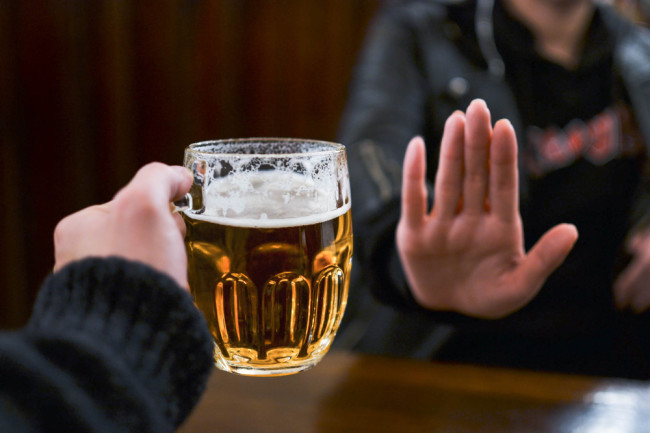
The facts, however overlooked, speak for themselves,
- Alcohol is the number one risk factor for diseases and death around the world, and according to one study (published: August 23, 2018, in The Lancet) is responsible for 10% of all deaths.
- Alcohol related deaths include, several types of cancer, liver disease, cardiovascular disease, weight related illnesses, and, if that wasn’t enough, infectious diseases, traffic deaths, and other fatal accidents.
- None of this should be surprising, considering that all alcoholic beverages contain ethanol, which over time, and at a certain rate of ingestion is toxic to humans.
- Alcohol is the ultimate empty calorie, at 7 calories per gram, more than sugar, and it is of low thermic effect, meaning, it takes very little metabolic effort to absorb into your system.
- These excess calories are stored as visceral fat (“beer belly” fat, stored in you liver and around other organs); what is more, because of the nature of alcohol metabolism in the body, it carries significantly higher health risks than subcutaneous fat. Essentially alcohol makes you fat even if you can’t see it, and if you have weight issues it will keep you fat, or make you even fatter.
DOESN’T ALCOHOL HAVE SOME HEALTH BENEFITS?
Over the years, early research papers stated benefits of alcohol consumption. Many have suggested that at low levels of consumption, aged red wine for example, in a wooden barrel, may reduce the risk of ischemic heart disease, and type 2 diabetes. There is usually no mention of the cancers and other alcohol related deaths. Subsequently, however over 1,000 papers have been published debunking them.
Interestingly one particular study of over half million drinkers (published: April 14, 2018, in The Lancet) supported alcohol being beneficial in lowering heart disease also found that EVEN ONE DRINK A DAY COULD SHORTEN LIFE EXPECTANCY.
The active compounds which provide the health benefits found in many alcoholic beverages, can be found in natural foods. The alcohol was processed from, grapes, sugar cane and others, and if, indeed these benefits are goals for you, simply have these foods without the health risks of alcohol.
Do not ever drink with the belief that alcohol is good for you in any way. The risks greatly outweighs any potential benefits, and thinking otherwise is akin to standing on the roof of a moving cat in traffic because it is a great way to dry your hair, it may be true but the risks are just too great.
THE SECOND SAFEST WAY TO DRINK
The safest way to drink is to not drink at all. The August 23, 2018 published study, looked at 195 global locations, from 1990 – 2016 and found that the only safe level of alcohol consumption is none at all. However if you do decide to drink here are a few facts which can help you drink with the least risk possible.
- Learn what a unit of alcohol is, it varies from beverage to beverage
- Have a plan and stick with it
- Have two glasses or less at each occasion
- Know that one glass per day carries risks
- Avoid the high calorie mixed drinks or have them VERY infrequently
- Hydrate, drink water before, between and after alcoholic beverages
- Sip slowly, take your time, make it last longer
- Chose clearer lower calorie drinks
(under 200 calories) such as
- Vodka drinks or straight vodka
- Tequila
- Mojito (no syrup)
- Martini
- Rum and diet coke
- Light beer
- Champagne
- Gin and Tonic
- Red wine (dryer versions)
- After your allotment of alcohol you may not want to stand out as the only one not drinking, so, switch to clear nonalcoholic drinking, water with a lemon, tonic water, carbonated water etc.
If you are having trouble adjusting your intake look deeper into your habits, you may be dealing with an alcoholic habituation or addiction. It is far more common than believed and is well worth the effort to seek support.
Enjoy your celebrations, and as always, do so safely and responsibly. Remember you are not only protecting yourself but the lives of others as well.

